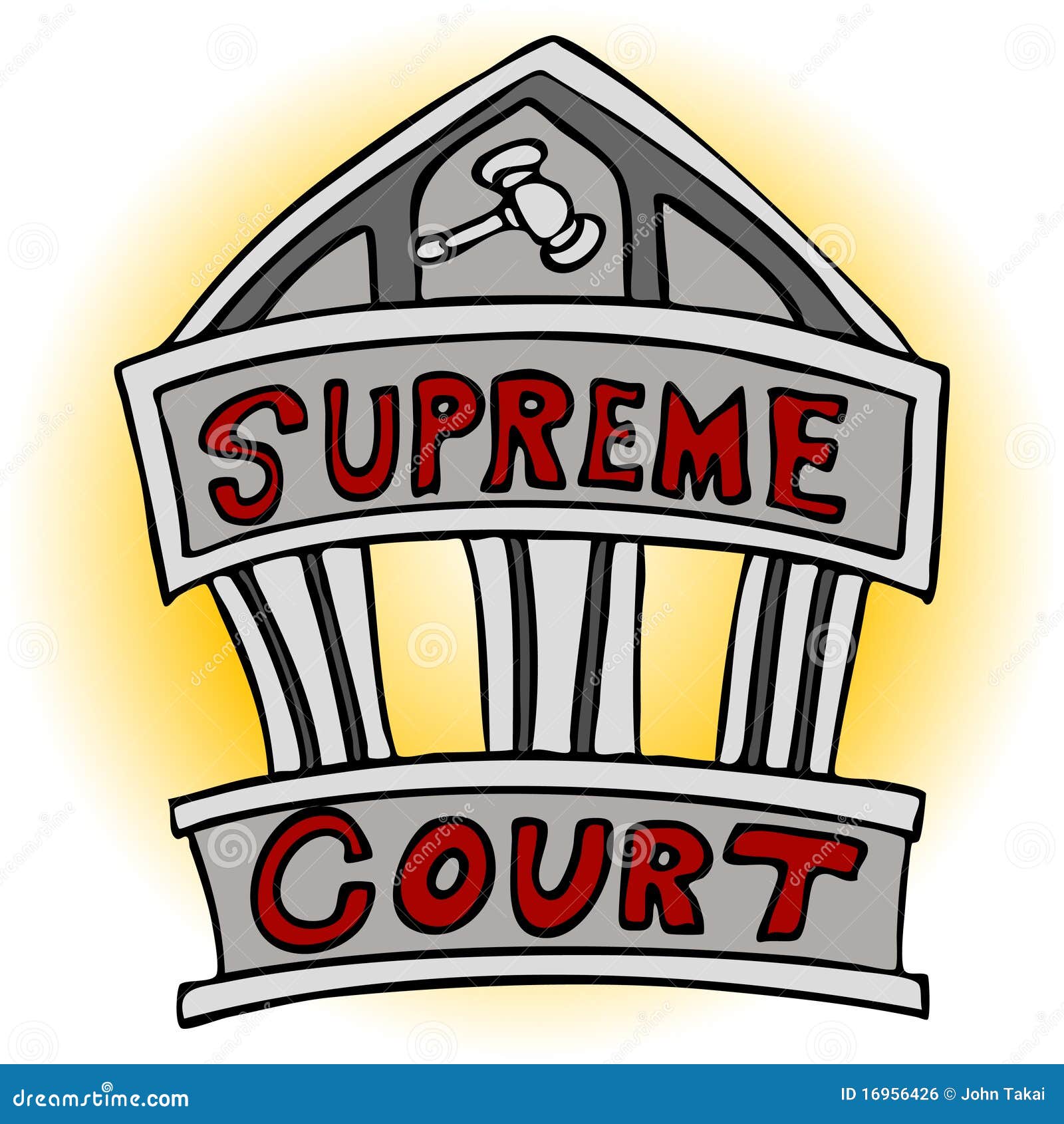To help you understand the Federal Supreme Court General Pardon, we've done some analysis and digging. We've also put together this guide to help you make the right decision for your situation.
Key Differences
| Characteristic | Federal Supreme Court General Pardon |
|---|---|
| Who is eligible? | Individuals who have been convicted of certain federal crimes |
| How to apply | Submit an application to the Federal Supreme Court |
| Potential benefits | Pardoned individuals may have their criminal records expunged |
In the following sections, we'll discuss the eligibility criteria for the Federal Supreme Court General Pardon, the application process, and the potential benefits of receiving a pardon.
FAQs: Federal Supreme Court General Pardon
The Federal Supreme Court recently issued a general pardon, which has raised questions among the public. To clarify the situation, we have compiled a list of frequently asked questions and their answers.

Supreme Court Stock Photo | CartoonDealer.com #66851934 - Source cartoondealer.com
Question 1: Who is eligible for the pardon?
The pardon is available to individuals who have been convicted of non-violent crimes at the federal level, including drug offenses and certain white-collar crimes.
Question 2: What are the exceptions to the pardon?
The pardon excludes individuals who have been convicted of violent crimes, terrorism-related offenses, or certain serious drug trafficking offenses.
Question 3: How do I apply for the pardon?
Applications for the pardon can be submitted online through the Federal Supreme Court's website. The application process is expected to open soon.
Question 4: What are the benefits of receiving a pardon?
A pardon restores an individual's civil rights and removes the stigma associated with a criminal conviction. This can facilitate employment and housing opportunities.
Question 5: Will the pardon expunge my criminal record?
No, a pardon does not expunge a criminal record. However, it does provide a mechanism for individuals to move forward with their lives without the burden of a past conviction.
Question 6: What is the deadline to apply for the pardon?
The deadline to apply for the pardon has not yet been announced. The Federal Supreme Court will release further information regarding the application process in the coming weeks.
Summary: The Federal Supreme Court's general pardon provides an opportunity for individuals with non-violent criminal convictions to regain their civil rights and move forward with their lives. Applications for the pardon are expected to open soon, and detailed instructions will be provided by the Federal Supreme Court.
Transition: For more information on the general pardon, please refer to the official website of the Federal Supreme Court.
Tips
The Federal Supreme Court General Pardon is a powerful tool that can help you move on from your criminal past. However, it is important to understand the process and the requirements involved in order to be successful. Here are some tips to help you get started:
Tip 1: Understand the Requirements
Not everyone is eligible for a general pardon. You must have been convicted of a federal crime, and you must have completed your sentence. You must also have been a law-abiding citizen for a period of time, typically at least five years.
Tip 2: Gather Your Documents
Once you have determined that you are eligible for a general pardon, you will need to gather your documents. These include your certificate of conviction, proof of completion of your sentence, and any other documentation that supports your application.


